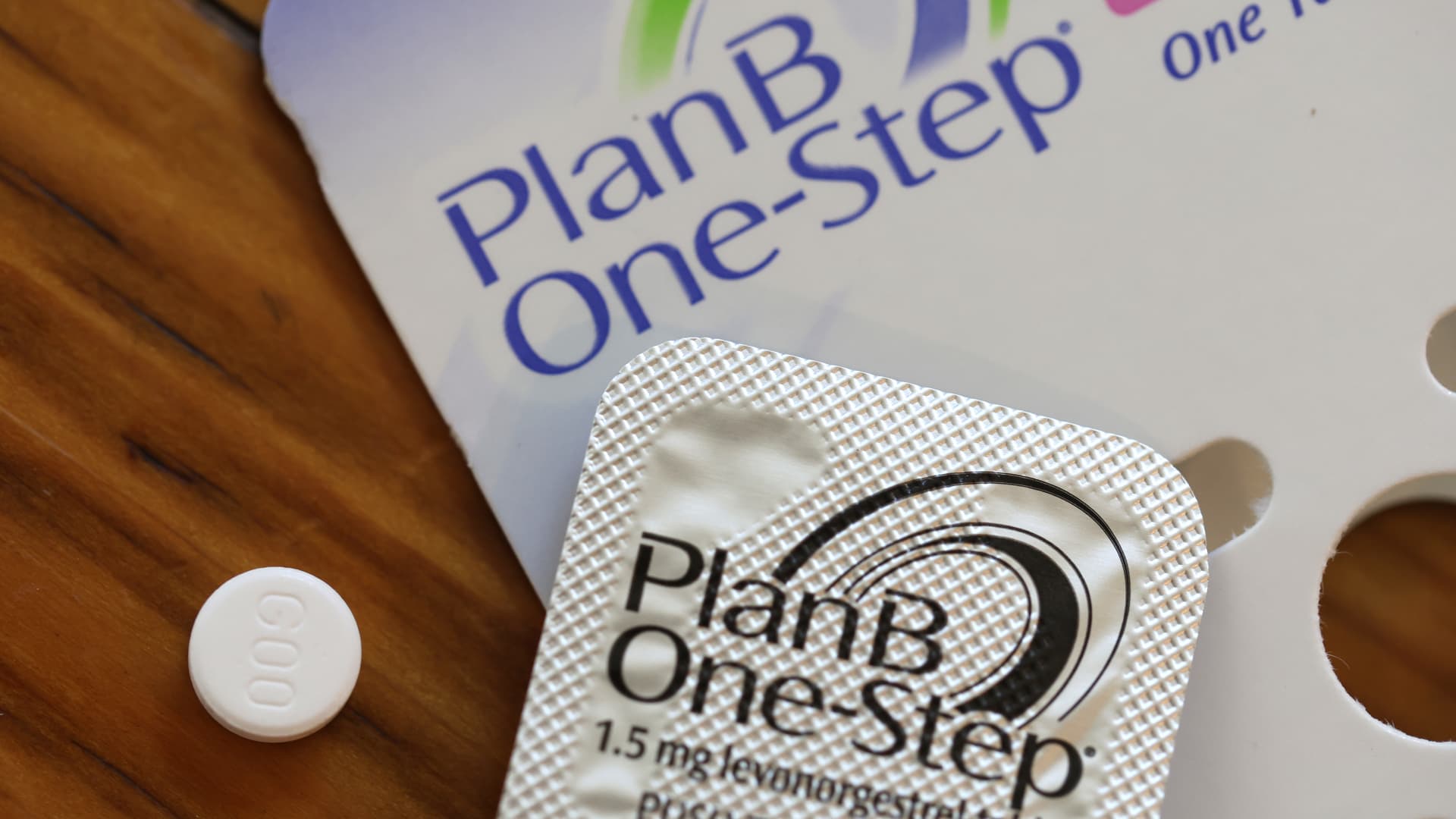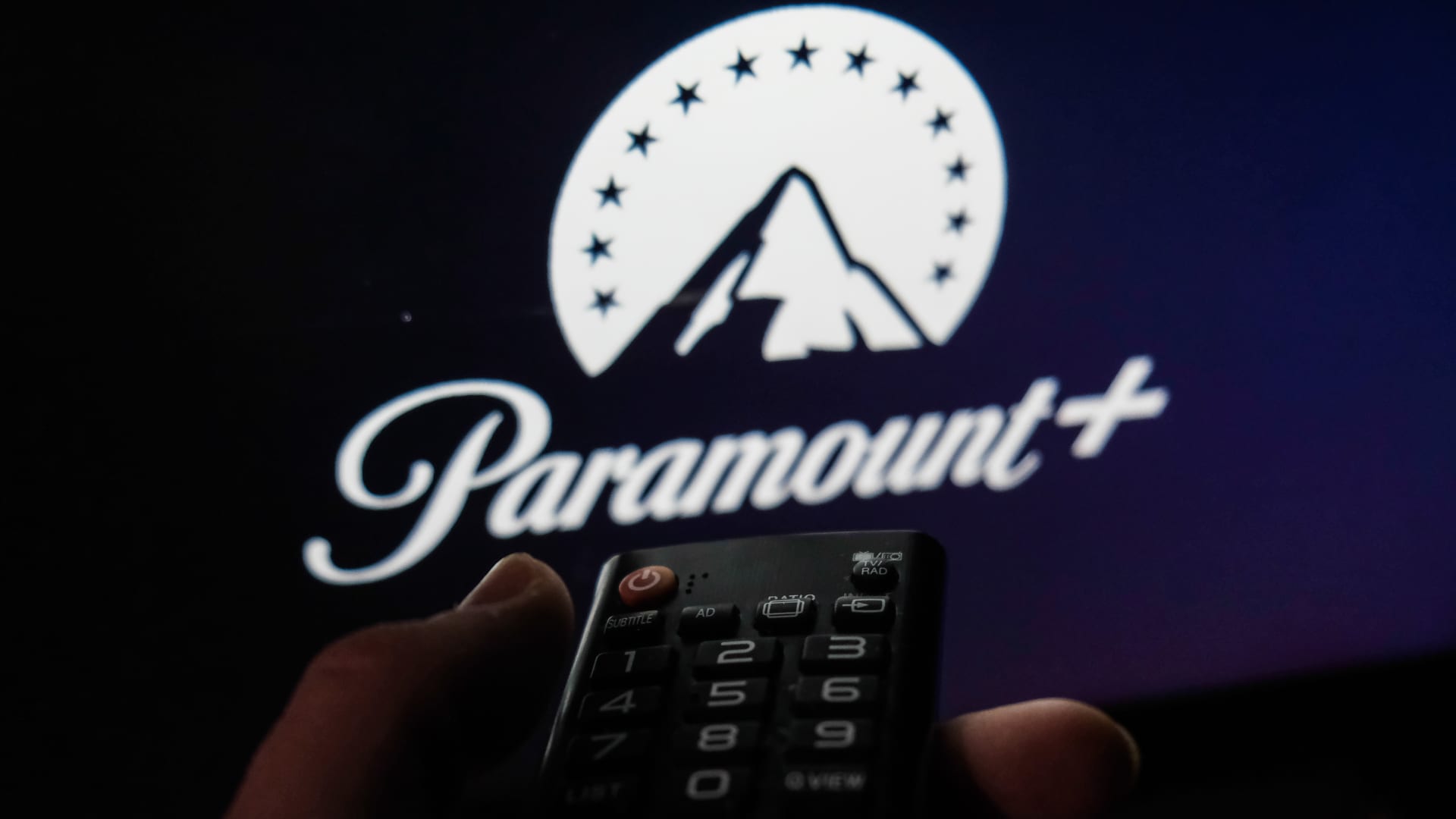Why Plan Bâs labeling could limit womenâs access to the pill in states where abortion is banned


Since the Supreme Court in June overturned Roe v. Wade, the court case that gave Americans the right to an abortion, more women are turning to Plan B, the nation’s most recognized morning-after pill.
Although it’s available over the counter, Plan B is not always accessible. At an average price of $40-$50, it’s too expensive for many low-income people. Some states allow pharmacists to refuse to dispense it, and retailers tend to place the product out of reach for customers.
Now, even more restrictions could be on the way for Plan B. The Food and Drug Administration’s labeling warns that the product may “prevent a fertilized egg from attaching to the womb” — a statement that scientists and medical professionals say is not backed by scientific evidence but was included on the label in order to get Plan B’s over-the-counter status approved. Many anti-abortion activists argue that any interference with an egg is considered an abortion; medical professionals say otherwise.
Following the Supreme Court’s decision, Justice Clarence Thomas suggested that the court revisit its past ruling on contraception. Confusion around the language on the label could mean trouble for the brand and its consumers. So what does the future look like for Plan B?
This post has been syndicated from a third-party source. View the original article here.




